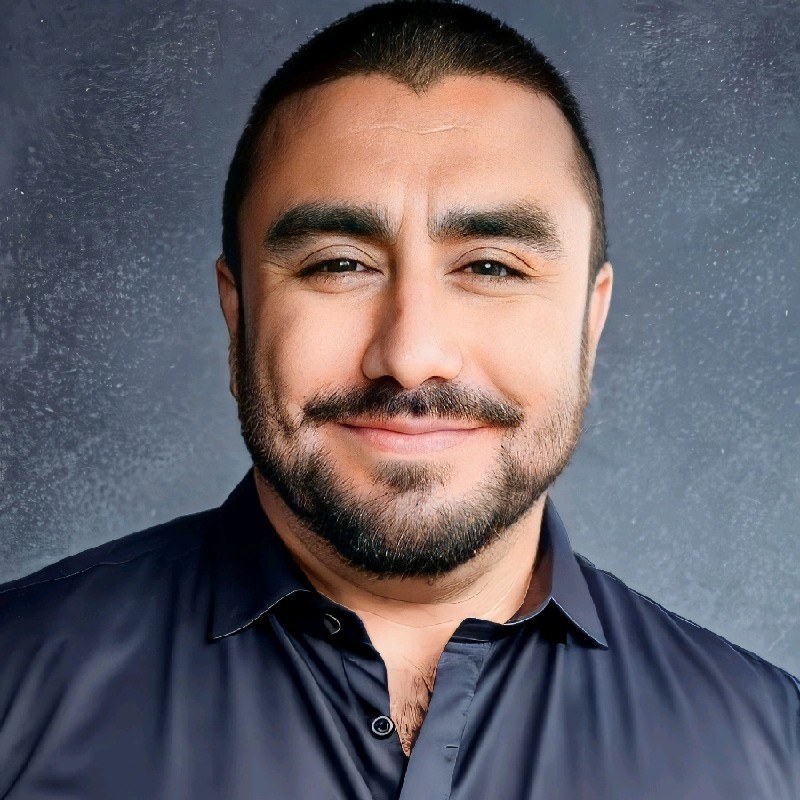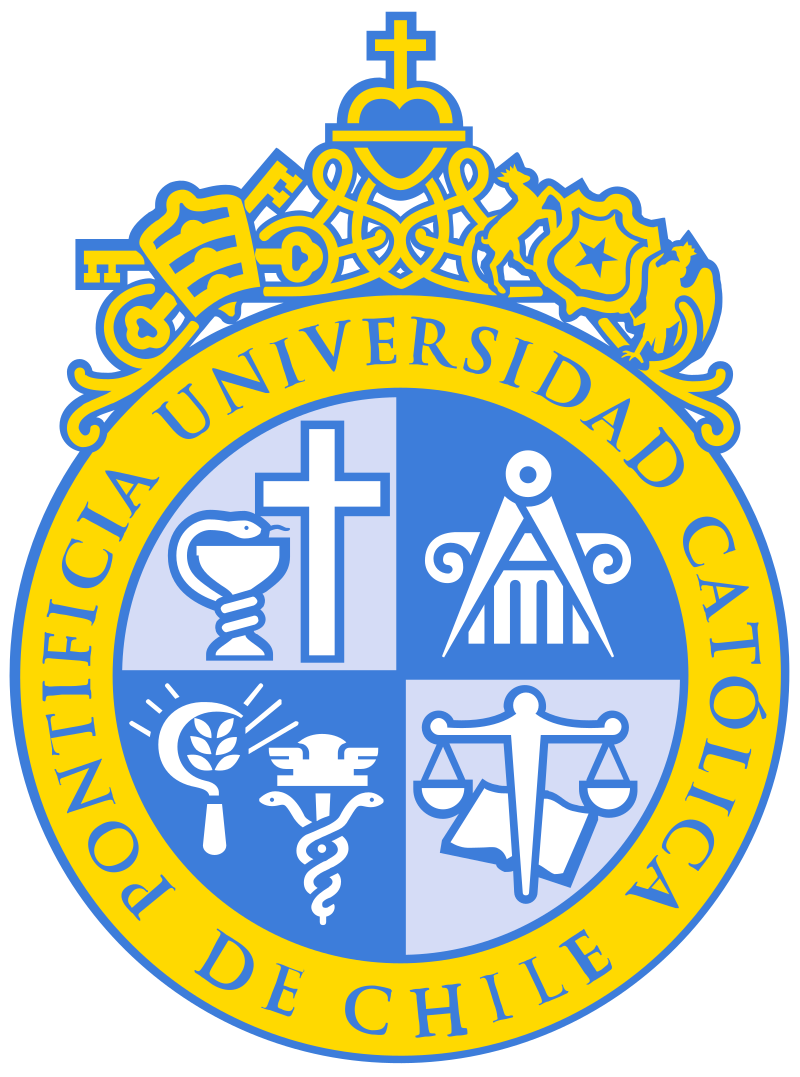Program Description
My Master's degree in Experimental Physics focused on providing an in-depth understanding of the fundamental concepts and advanced techniques in experimental research within the realm of physics.
The program emphasized hands-on laboratory experience, equipping me with the skills to design, conduct, and analyze sophisticated experiments.
Through this rigorous curriculum, I gained expertise in cutting-edge experimental methods, data analysis, and the application of theoretical physics to real-world problems, preparing me for a leading role in scientific research and innovation.
Key Skills Developed
- Chemical Vapor Deposition (CVD) Expertise: Deep understanding and application in crafting advanced materials.
- Data Acquisition and Signal Processing: Proficiency in collecting and analyzing experimental data.
- Advanced Instrumentation Mastery: Skilled use of sophisticated tools for experimental physics.
- Data Analysis and Modeling: Application of statistical methods and machine learning for research insights.
- Software Development for Interactive Dashboards: Development of tools for data visualization and analysis automation.
- Material Science Innovation: Research and development focused on enhancing material properties through technology.
Specialization
Focus on Material Sciences, particularly in the application of Chemical Vapor Deposition (CVD) techniques for the development of novel materials. This specialization explores the cutting edge of material technology, with a strong emphasis on experimental research and practical applications in various industries.
Tools & Technologies
- Python for data analysis and machine learning
- LabVIEW for instrumentation control and data acquisition
- Matplotlib and Plotly for data visualization
- SQL databases for data management
- Machine learning libraries (e.g., scikit-learn, TensorFlow)
Industry Applications
- Electronics: Development of advanced materials for semiconductors and components
- Aerospace: Crafting lightweight and durable materials for aerospace engineering
- Energy: Innovations in materials for solar panels and energy storage solutions
- Nanotechnology: Creating materials at the nanoscale for various applications
- Biotechnology: Application of materials science in medical devices and diagnostics
Achievements
- Full Scholarship for Master's Degree in Physics: Awarded a full scholarship by the Physics Institute PUC Chile for my master's degree in Physics, in recognition of my outstanding academic record in my bachelor's degree. This scholarship underscored my academic achievements and potential for contributing to the advancement of physics.
Course Work
First Year Courses
- Classical Mechanics: This course delves into the fundamental principles of classical mechanics, covering topics such as Newton's laws, conservation laws, systems of particles, rigid body dynamics, and oscillatory motion. It emphasizes mathematical modeling and problem-solving in physical scenarios, requiring students to apply theoretical concepts to practical situations.
- Classical Optics: An advanced study of the behavior of light, including wave optics, ray optics, and optical instruments. The course covers phenomena such as interference, diffraction, polarization, and the propagation of light through various media. Students will explore both the theoretical frameworks and experimental techniques used in classical optics.
- Advanced Laboratory Practice: This course is designed to enhance students' experimental skills and understanding of physical phenomena through advanced laboratory experiments. It covers a wide range of topics and techniques, requiring students to design experiments, collect and analyze data, and interpret results in the context of theoretical physics.
- Atomic and Molecular Physics: This course covers the structure, properties, and behavior of atoms and molecules. Topics include quantum mechanics applied to atomic and molecular systems, spectroscopy, and the interaction of electromagnetic radiation with matter. Students will explore both the theoretical underpinnings and experimental evidence of atomic and molecular physics.
Second Year Courses
- Master's Thesis I and II: These courses represent the culmination of the Master's program, where students are required to conduct original research under the supervision of a faculty advisor. The thesis project is expected to contribute new knowledge to the field of experimental physics, demonstrating the student's ability to perform independent research, analyze data, and communicate findings effectively.

